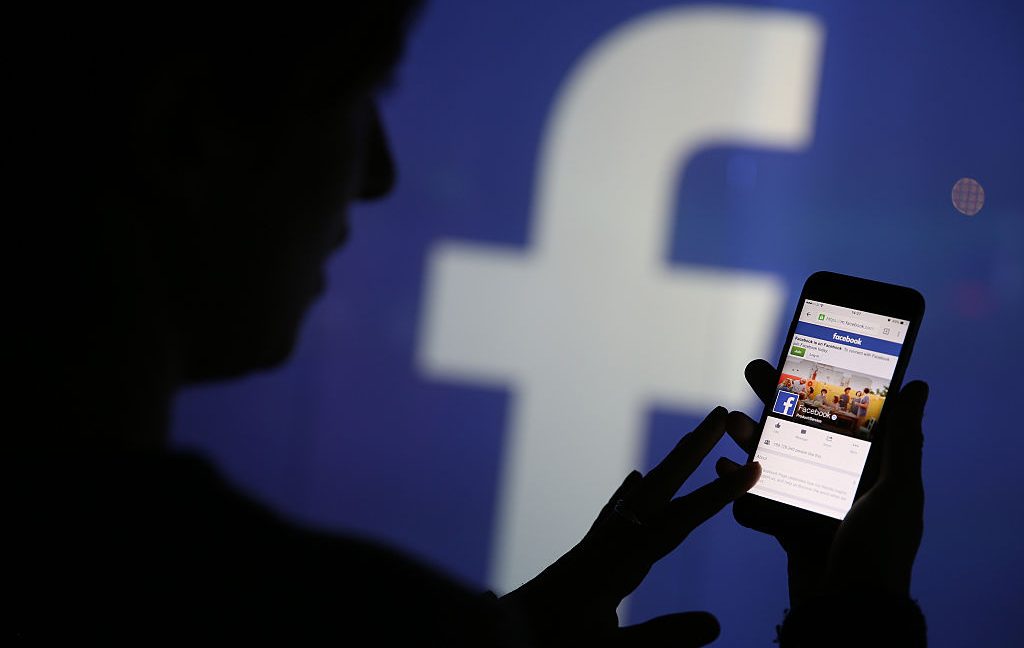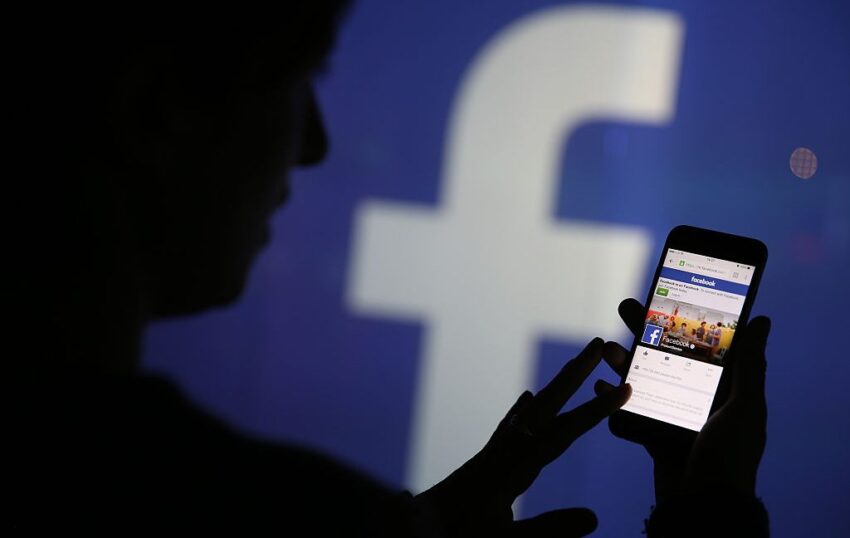
These days, the majority of people use some form of social media, but some develop what is called PSMU -based use of social media. It has not yet been considered medical addiction, but it has some symptoms with addiction and material use disorder. And according to A New paper Published in the Journal of Plus One, anyone who exhibits PSMU is likely to be more likely to believe in and also believe that online news is fixed, which plays an important role in the widespread spread of misunderstandings, which is the 21st -century Internet.
“If anyone struggles with the dependence of a substance, it is a decision -making process in their brain where they have difficulty in stopping,” Michigan State University co -author Dar Mashi told ARS. “They take their drugs and have a negative result: Get DUI or crash their car. Most people learn from any bad consequences and do not do so again, but the person suffering from a substance is undergoing this process.”
In the case of PSMU, if he is unable to access social media for an extended period (withdrawal), or using social media can cause jobs, poor degrees, or mental health problems.
The meshi specializes in dangerous decision -making, heat and PSMU. His co -author and MSU colleague Maria Molina researchs false information and unknown information. The two were chatting one day, and Mashi said he had received his research in his research that the troubled social media users are usually more impressive and pose more risks than average. He thought might be an interesting link.
He said, perhaps people with PSMU may be more likely to engage, or believe and believe it with incorrect information online, because their risk diagnosis is slightly different from a neurotocyte person. ” (False information is fake or false news that is unintentionally distributed. When it deliberately spreads, clearly for fraud.)
Their study considers the process of believing in fake news by measuring the process, such as clicking on a link, sharing, sharing, or commenting on posts. Mashi and Molina recruited 189 college students who completed their question marks about their social media habits.
